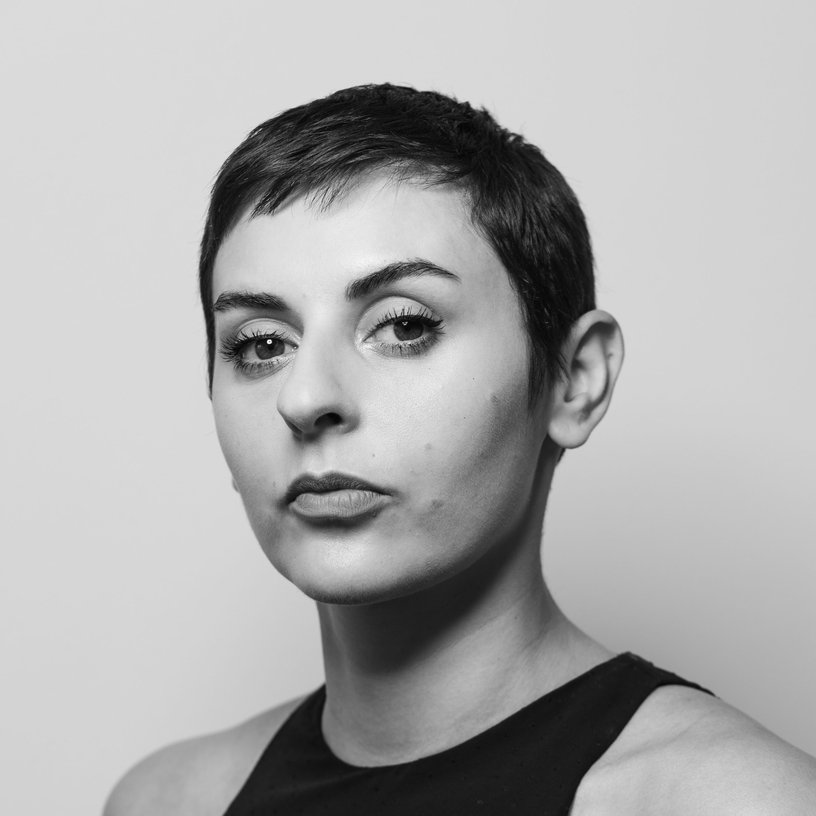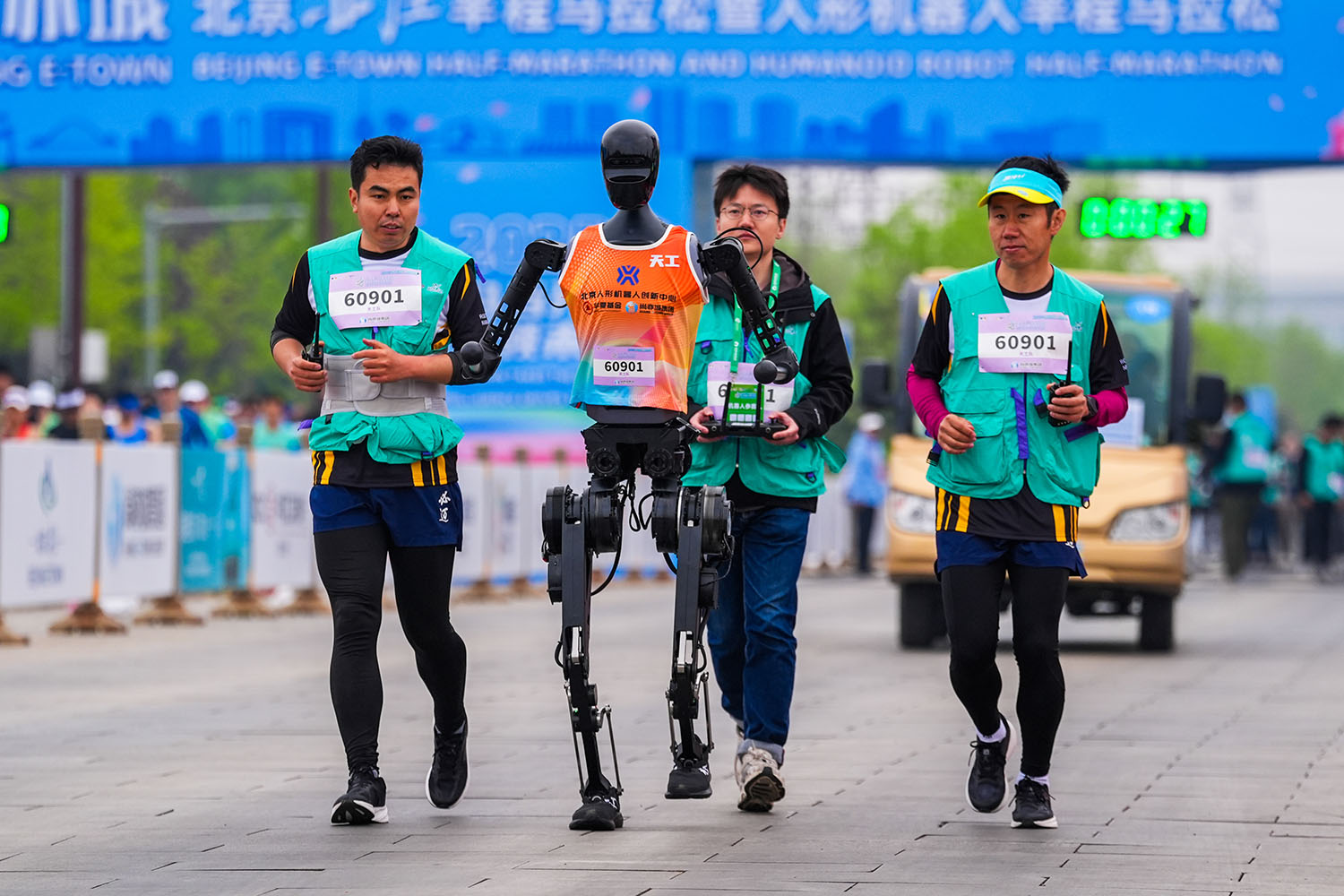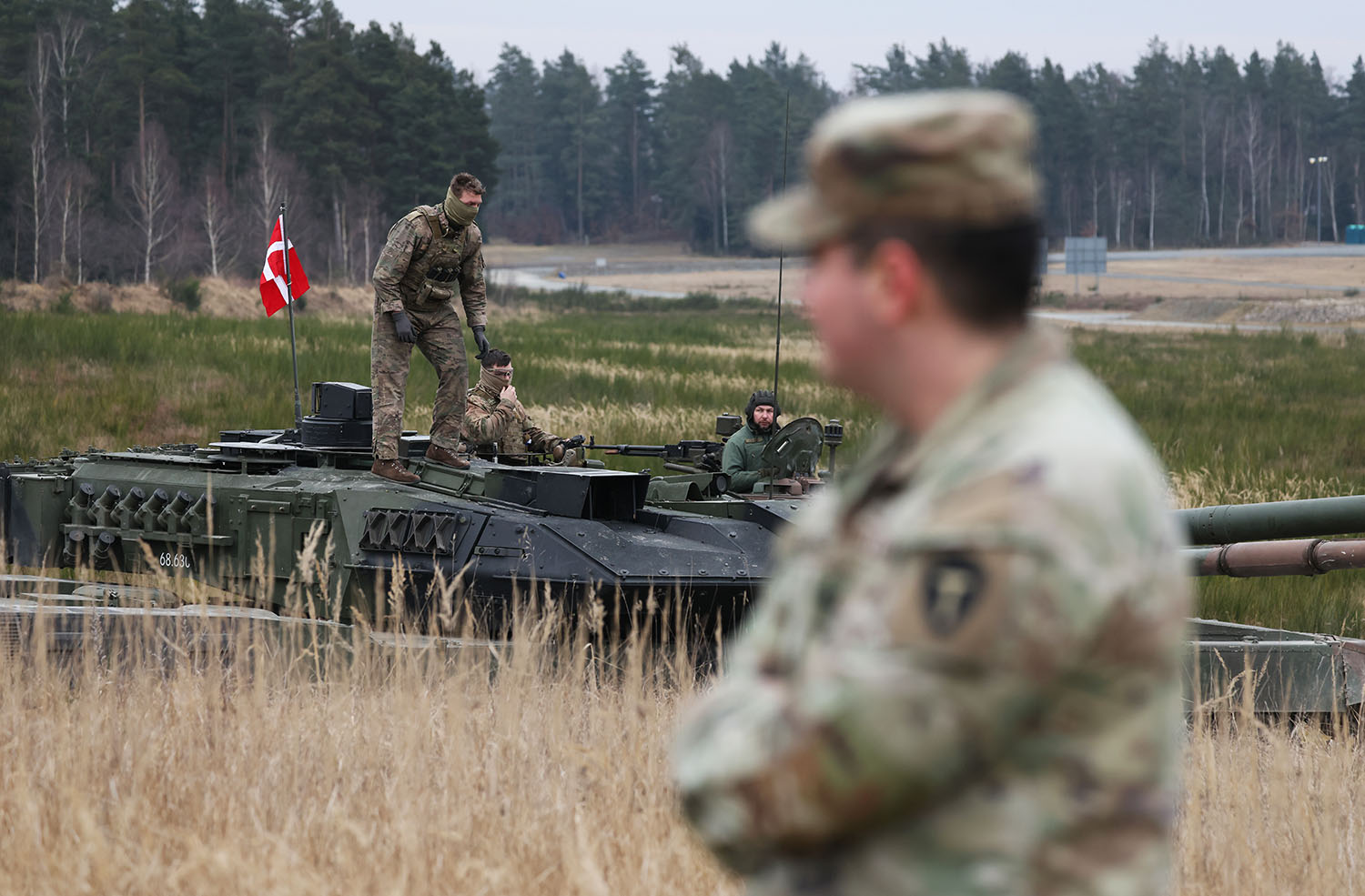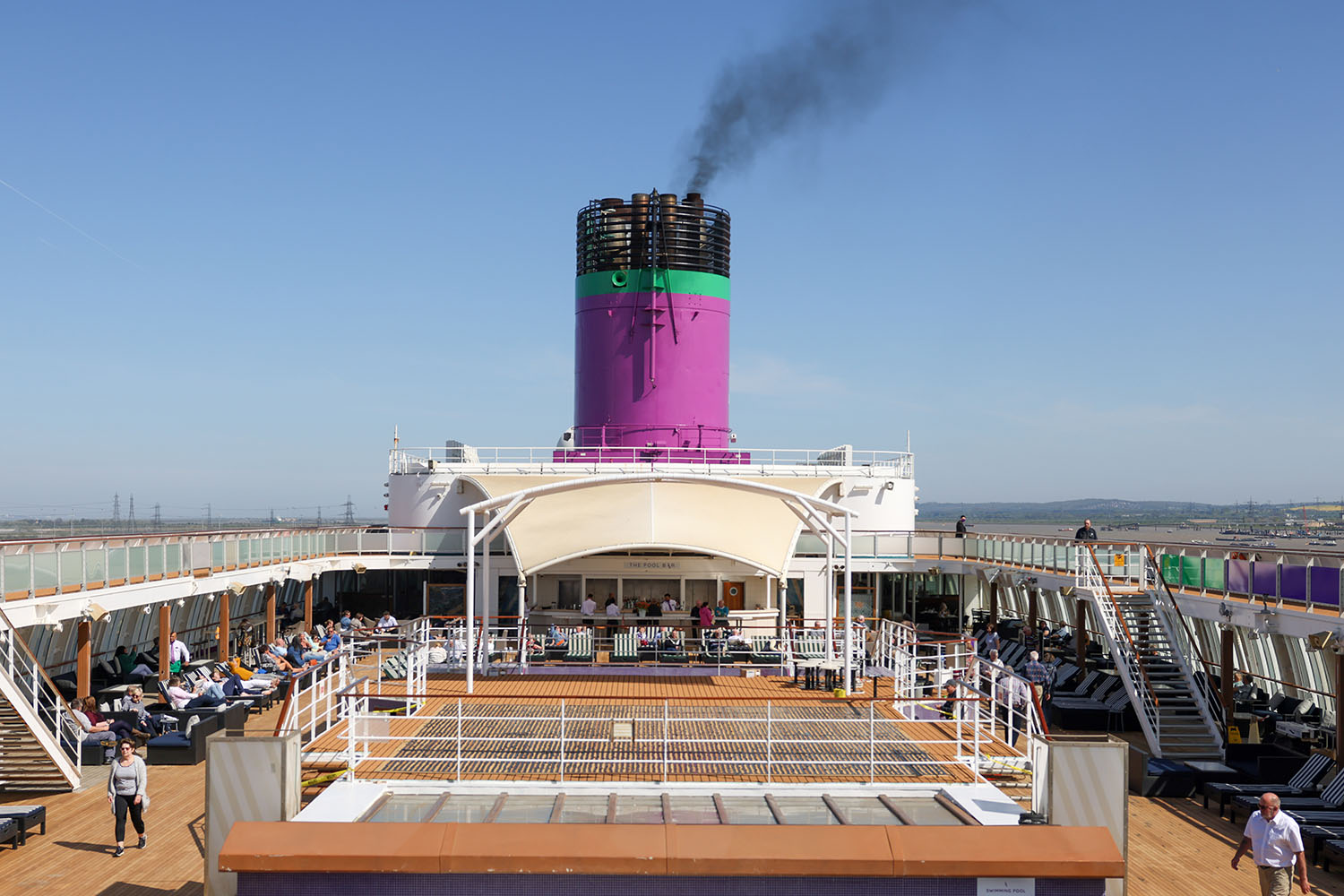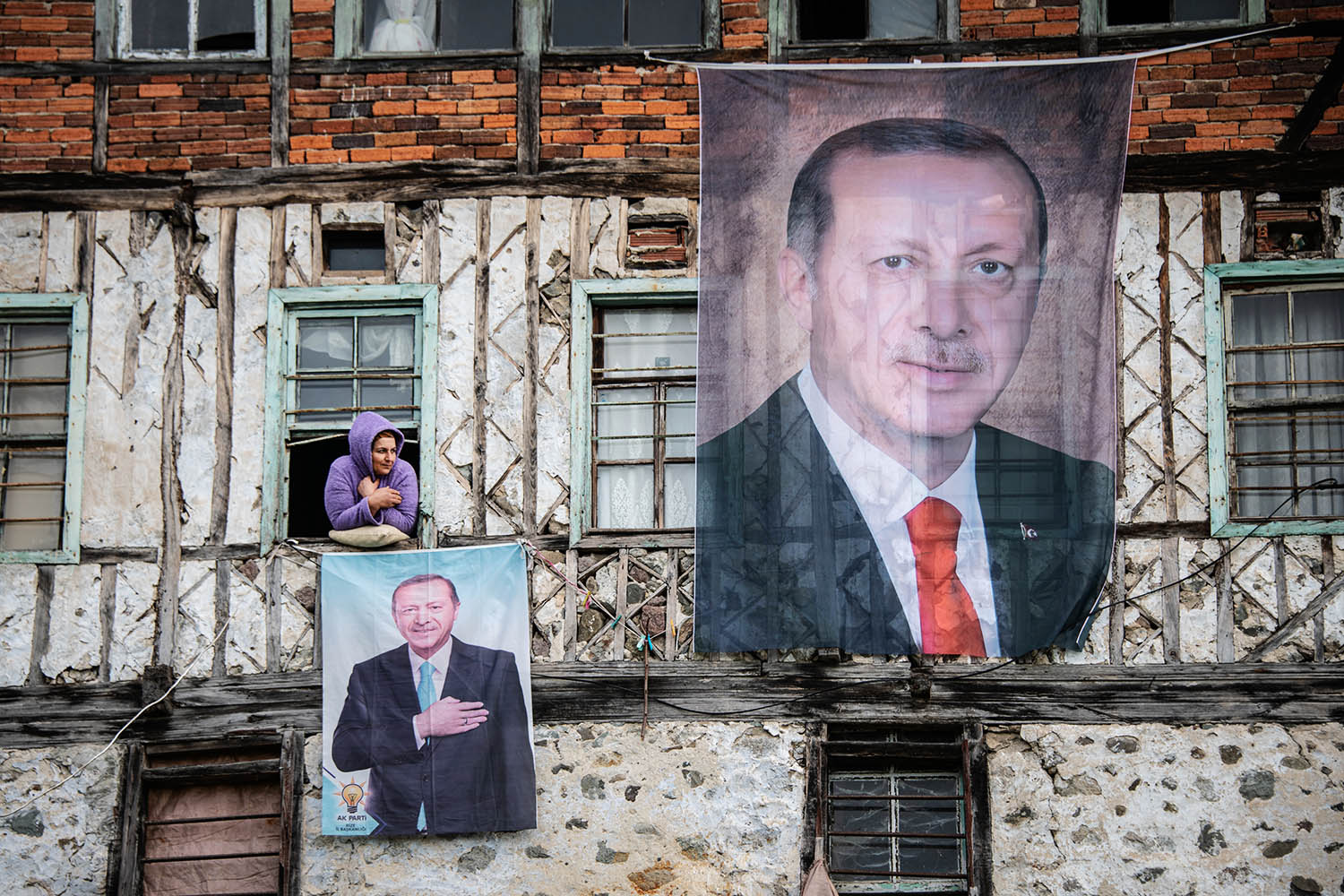
Millions of Turks have voted to be poorer under a president who fundamentally misunderstands economics
- More Russian missile attacks on Kyiv killed three people including two children.
- Mike Pence indicated he would announce a run for the US presidency next week.
- The Labour Party suspended Geraint Davies MP over allegations of unacceptable behaviour towards female colleagues.
Recep Tayyip Erdoğan is four days into his second term as president of Turkey. Including his time as prime minister he has 21 years in power under his belt and at least five more to come. Yesterday he pulled out of a pan-European summit in Moldova that was intended as a show of solidarity against Russia’s war on Ukraine, citing preparations for his inauguration.
So what? Erdoğan’s re-election has
- confounded the hopes of a democratic opposition that aimed to oust him and end Turkey’s long drift towards autocracy;
- sent the lira to a new low against the dollar as markets factor in Erdoğan’s unfounded belief that raising interests causes rather than curbs inflation; and
- confirmed the electoral power of populism, patronage, nationalism and incumbency.
Erdoğan’s non-appearance at today’s meeting of the European Political Community has meanwhile underlined his policy of keeping a foot in both camps, maintaining relations with the EU and the West while continuing friendly dealings with Russia.
Twilight zone. In the run-up to the election, it looked like Erdoğan could be in the sunset of his two decades in charge. Turkey’s worst economic crisis in decades had raised the cost of living for every citizen, while his government’s response to twin powerful earthquakes that killed over 60,000 people earlier this year sparked outrage.
Harsh new dawn. Erdoğan defied expectations, buoyed by an unexpected surge of support for his hard-right parliamentary coalition in the first round vote, including in the earthquake zone. His rule has been marked by sweeping social change even as he curtailed freedom of expression and jailed opponents.
He has not been gracious in victory. He’s used multiple celebratory speeches to lash out at his political enemies, target the LGBT+ community and double down on his unorthodox economic policies.
Those policies. As a rule, raising interest rates tames inflation by luring funds into savings and out of the cash economy. Erdoğan asserts against all evidence that in Turkey the reverse is true, and the cure for soaring inflation is low rates.
“I say this speaking as an economist,” he told CNN. “This is not an illusion.”
Except that it is. The lira plummeted to an historic low following his win despite the $177 billion that economists estimate the central bank has spent since December 2021 to stabilise the currency. Officially, inflation is still running at more than 40 per cent year-on-year, but unofficial trackers put it at over 100 per cent, devaluing savings and raising the cost of living.
His reforms are meant to spur a production boom, but inflation and the lira’s devaluation have made things harder for everyone but the largest companies, able to benefit from cheap labour and exports.
So for some the election defied logic:
- A majority of Turkish citizens opted for a leader who has made them all poorer, but who many continue to believe is the only person who can fix an economic crisis of his own making.
- Voters in the eleven provinces levelled by February’s earthquakes overwhelmingly backed Erdoğan, despite his government’s slow response and lax enforcement of building codes, saying that only Erdoğan is capable of solving their problems.
Defeat. The story of Turkey’s election is about opposition failure as much as Erdoğan’s win, after Kemal Kılıçdaroğlu failed to convince voters outside his party’s traditional bases in big cities and on the Aegean coast to take a chance on him in a crisis.
Misinformation and media control factored into the outcome: one fact-checking organisation said both Erdoğan and his opponent were happy to feed misinformation to their own supporters. Erdoğan played a deep fake video at one of his rallies and his campaign received vastly more coverage than his opponent’s.
OSCE observers said the ballot was well run and voters had a genuine choice – but that media bias and restrictions to freedom of expression created “an unlevel playing field”. That is the field on which his opponents will have to play in the run-up to local elections next year.
